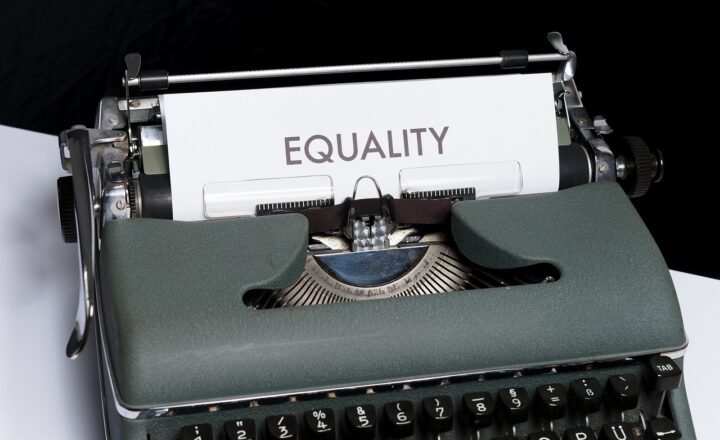
Culture shapes our values, beliefs, and behaviors; it’s a lens through which we view the world and make decisions. This article explores the profound influence of culture on political decision-making around the globe, uncovering the nuances that guide leaders and citizens alike in their quest for governance and social cohesion.
1. Understanding Culture in the Political Context
Culture encompasses the shared practices, norms, values, and artifacts of a group. In politics, these cultural elements tightly interweave with how societies interpret laws, ethical standards, and national identity. Political culture is essential in understanding how citizens view their government and political processes.
For instance, in collectivist societies like Japan or China, group harmony and consensus are paramount. Decision-making tends to favor leadership structures that promote collective dialogue and minimize conflict. In contrast, individualistic cultures—such as those seen in the United States or many European nations—often emphasize personal rights and freedoms, leading to more adversarial political engagements.
2. Historical Context: The Role of Tradition
The history of a nation plays an indelible part in shaping its culture. Traditions established over centuries influence political expectations and the distribution of power.
For example, in Middle Eastern countries, where tribal influences are historically significant, loyalty to one’s tribe often supersedes national affiliation. Thus, leaders must navigate complex tribal dynamics to achieve political stability. Alternatively, in post-colonial nations, the legacy of colonialism often informs national dialogue, affecting political identity and decision-making frameworks.
3. Social Norms and Political Legitimacy
Social norms dictate acceptable behavior within societies, thereby influencing political legitimacy. Studies show that countries with participatory cultural norms—where citizens are actively engaged in governance—tend to have higher levels of political trust and stability.
The Scandinavian model of social democracy is a prime example, as strong social cohesion and welfare engagement become key components of political legitimacy. Conversely, in cultures where authority is commonly challenged or viewed with suspicion, such as in various regions of Latin America, political instability often arises with frequent protests and challenges to governmental authority.
4. Language and Political Discourse
Language is another cultural aspect that shapes political decision-making. The language used by leaders can resonate deeply with cultural identities, impacting voter sentiment and political engagement. Rhetoric can build a strong sense of belonging or incite conflict, depending on how inclusive or exclusive it is.
Consider the contrasting approaches of political leaders who draw upon inclusive national narratives versus those who rely on divisive ‘us vs. them’ rhetoric. In multilingual societies, the choice of language in political discourse can also influence access to power and representation, often disenfranchising non-dominant language speakers.
5. Case Studies: Culture in Action
To comprehend fully the impact of culture on decision-making, consider several case studies:
– **Sweden:** Emphasizing egalitarian values. Sweden’s political culture fosters extensive social welfare systems, strong environmental policies, and active citizen involvement, reflecting its cultural commitment to equity and justice.
– **Indian Democracy:** A complex tapestry of identities. With diverse religions, languages, and castes, India’s political decisions often mirror cultural negotiations for power to accommodate myriad groups, showcasing the necessity of inclusivity in governance.
– **United States:** The clash of ideologies. American political culture thrives on debates surrounding freedom and representation, influenced profoundly by historical documents and revolutionary ideals. The cultural divides often manifest in partisan politics, driving significant decision-making scenarios.
6. The Emerging Global Culture
As globalization progresses, a unique blend of cultural dynamics is influencing political decision-making across borders. The internet and social media provide platforms for cross-cultural dialogue but also perpetuate polarization.
Global movements emphasize shared values, such as human rights and climate justice, influencing national policies. Leaders worldwide must consider the implications of global issues that transcends borders, such as migration and economic disparity, making culture’s role in diplomacy more vital than ever.
7. Conclusion: Culture Shapes Tomorrow’s Politics
The relationship between culture and political decision-making is intricate and evolving. Understanding cultural influences equips policymakers and citizens to navigate the complexities of governance responsibly. As global interconnectivity increases, recognizing the cultural undercurrents in decision-making becomes imperative in fostering political stability and social harmony.
To anticipate future political landscapes, we must cultivate cultural sensitivity and adaptability—traits that ensure leaders can engage with diverse populations effectively while promoting peace and progress.
In summation, by examining how deeply culture influences political decision-making, we can appreciate the art of governance not merely as a game of power but as a reflection of the multifaceted human spirit and societal evolution.








